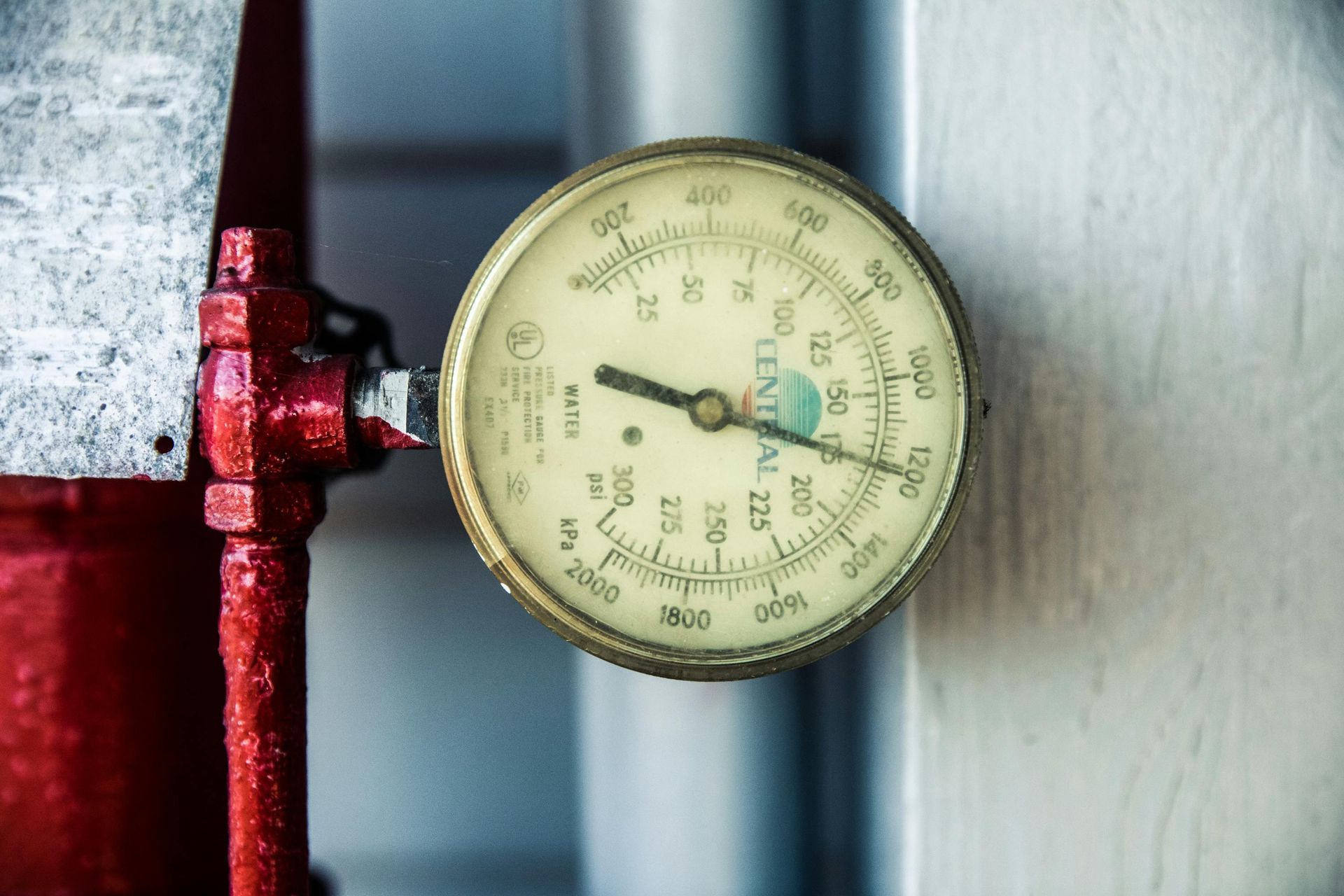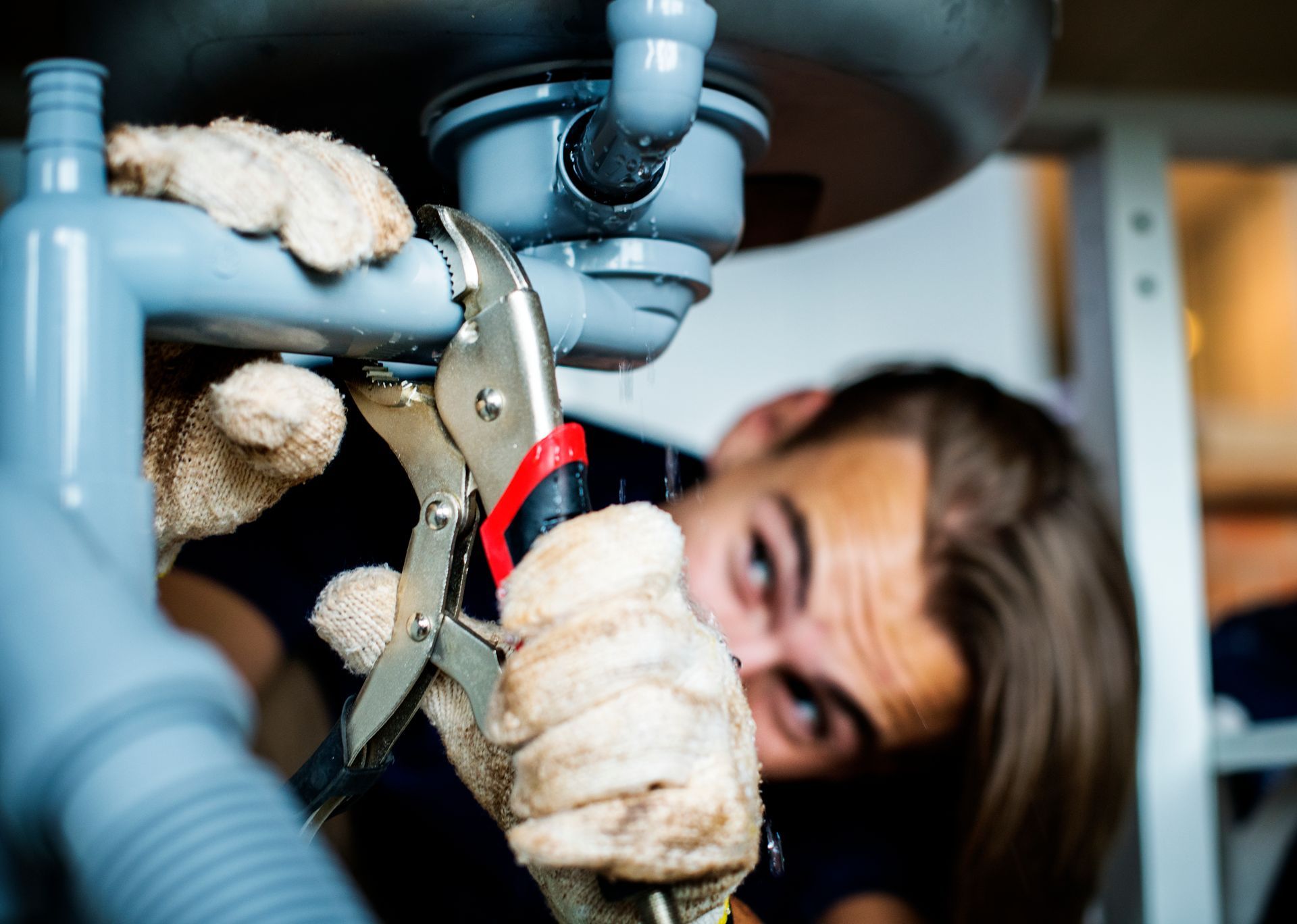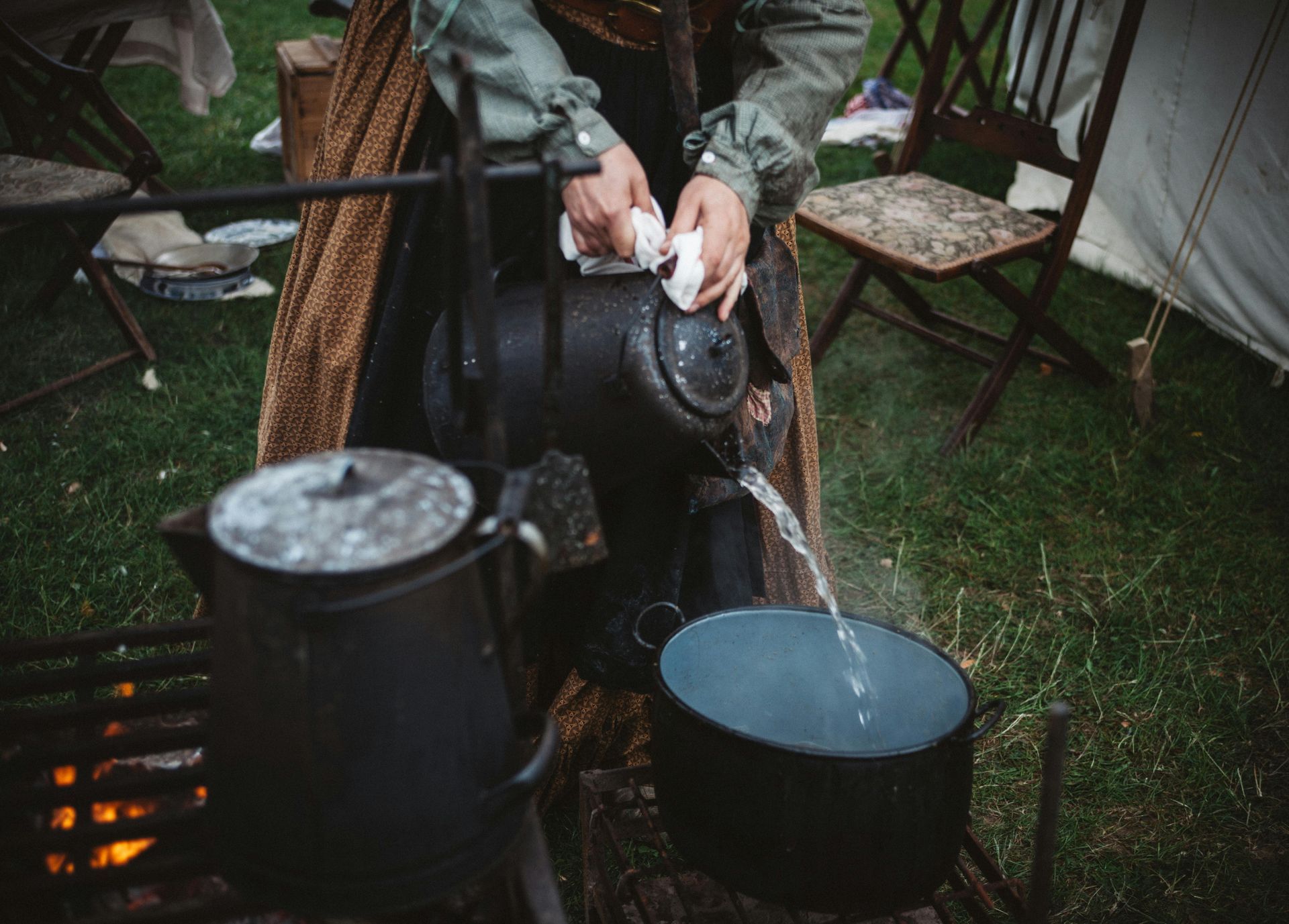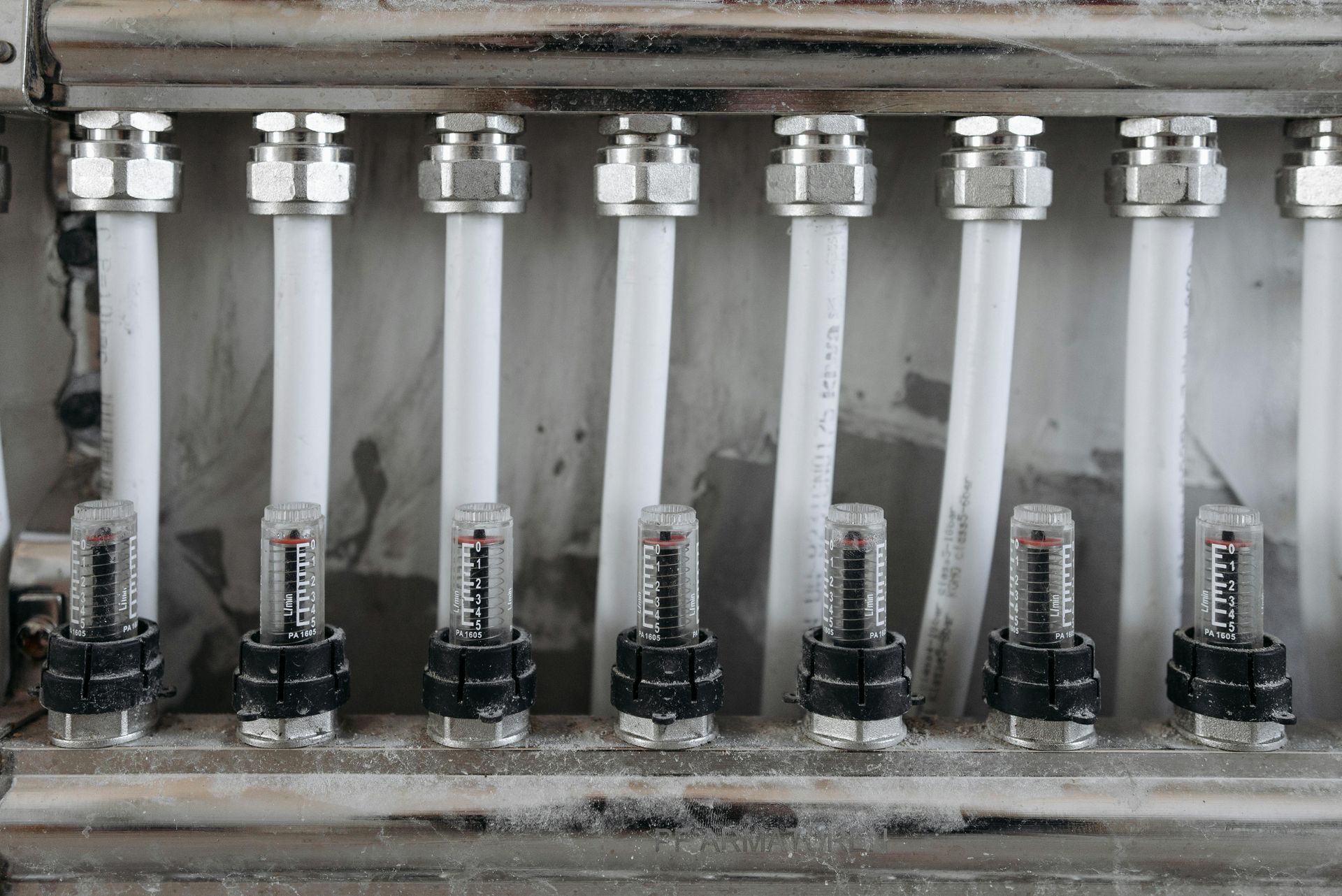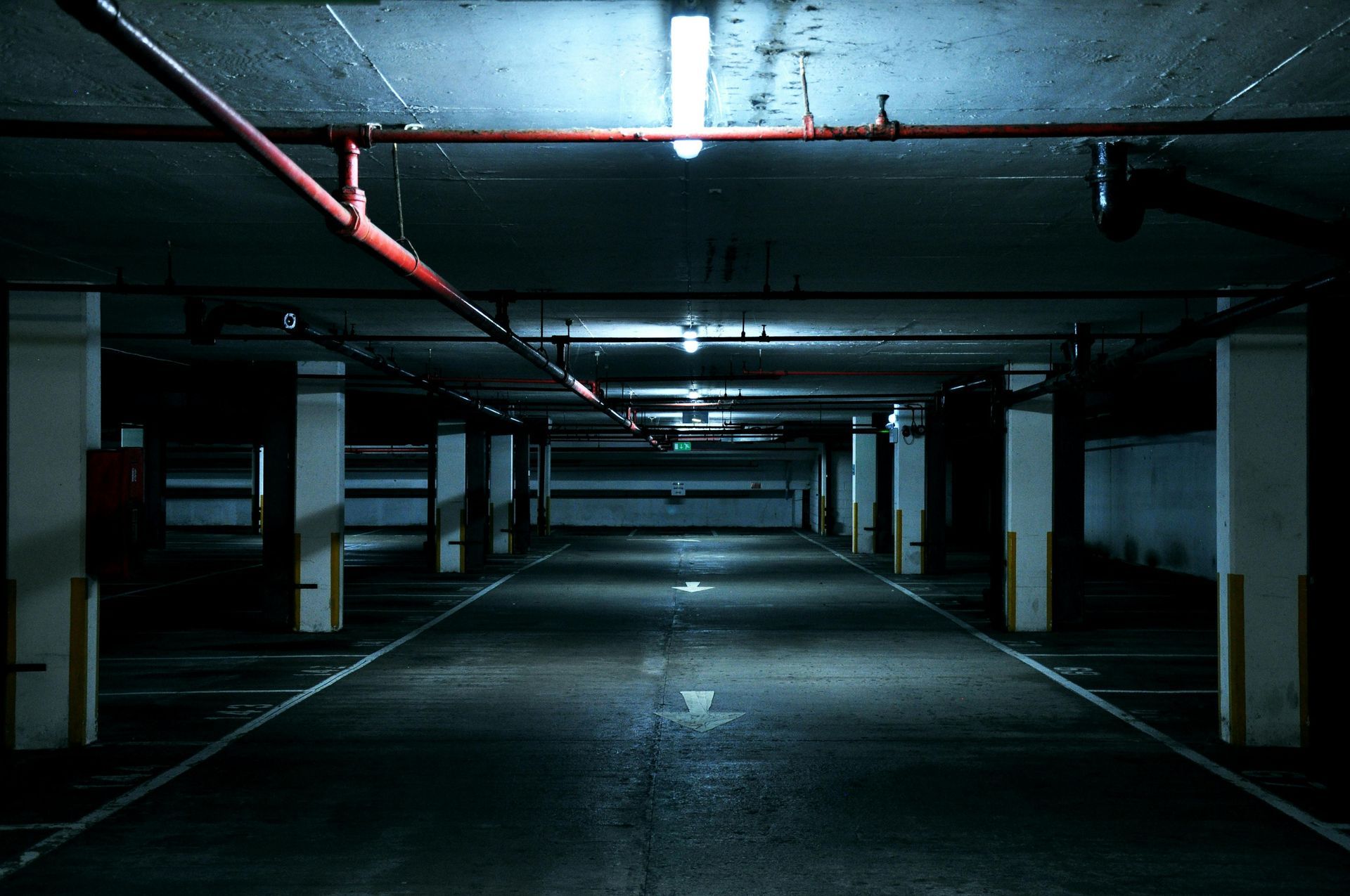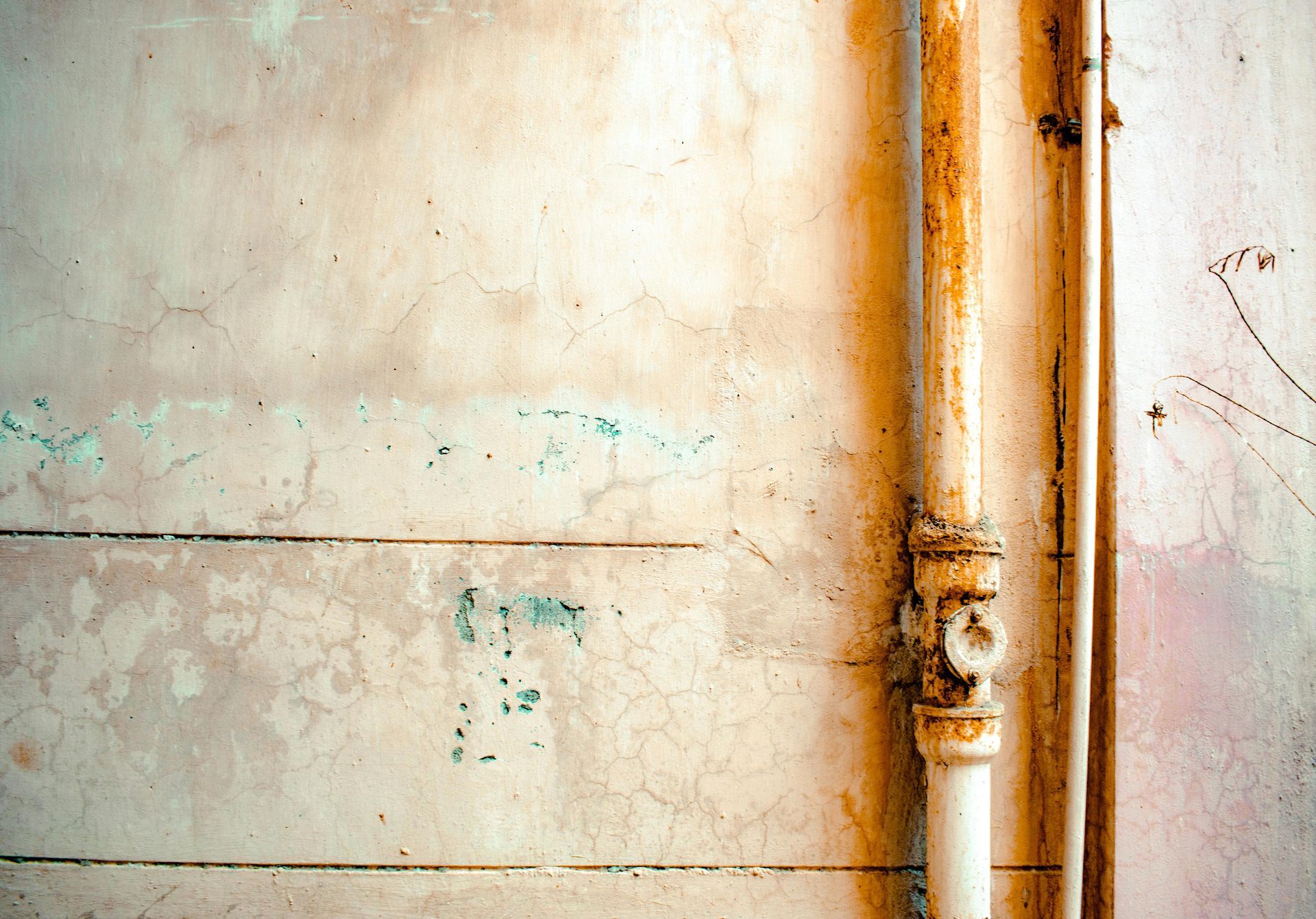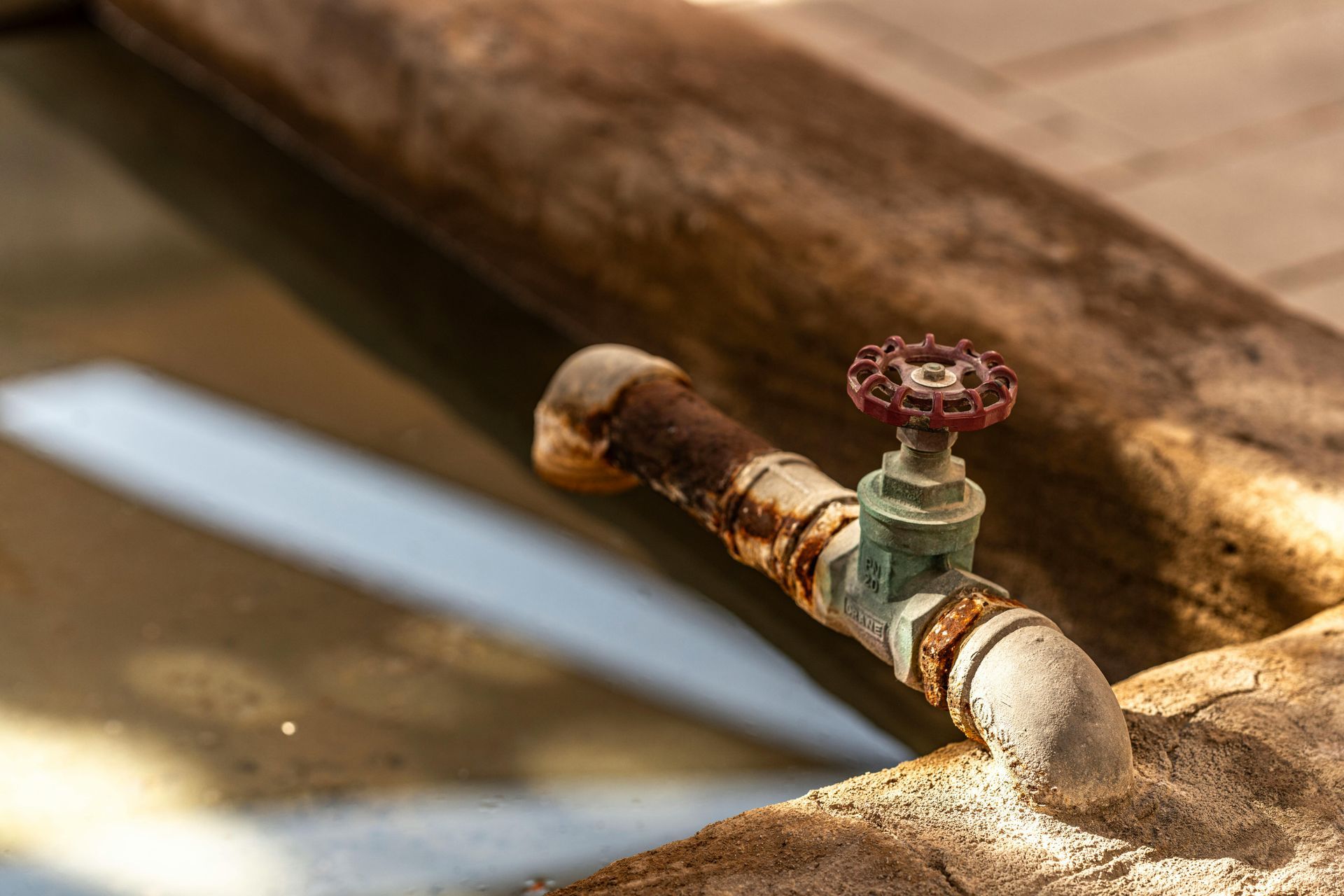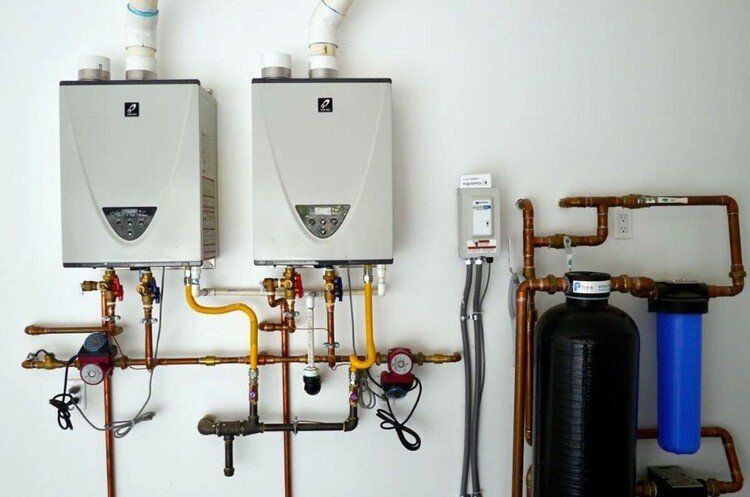How To Address Foul Odors Coming From Drains?
Foul odors emerging from drains can be an unpleasant and persistent issue in any home. These odors not only disrupt comfort but often indicate underlying plumbing problems that require immediate attention. Understanding the causes behind these smells and the proper steps to resolve them ensures a healthier, fresher living environment. This article explores the common causes of drain odors, practical remedies, and when to seek professional help, including expert services by All City Plumbers.
Common Causes of Drain Odors
A frequent cause of unpleasant smells from drains is the buildup of bacteria and organic debris inside pipes. Over time, food particles, grease, soap scum, and hair accumulate and form a biofilm where bacteria thrive. These bacteria release sulfur compounds such as hydrogen sulfide, notorious for their rotten egg smell.
Another typical cause is a dry or failing P-trap. This U-shaped pipe beneath sinks or showers holds water that forms a barrier to keep sewer gases out. If water evaporates due to infrequent use or leaks develop, sewer gases can seep into the home, creating foul odors.
Blocked plumbing vents are also common culprits. These vents allow sewer gases to escape safely through the roof. When vents become clogged or damaged, gases build up in the system and enter through drain openings.
Additionally, damaged or cracked sewer lines, poor pipe connections, and faulty drain traps contribute to persistent odors. External factors such as manhole cover issues or septic tank problems can also be sources of offensive smells.
DIY Remedies to Reduce Drain Odors
Regular cleaning of drains helps minimize organic buildup. Using a combination of hot water, baking soda, and vinegar can loosen debris and reduce odor-causing bacteria. For kitchen sinks, avoiding pouring grease, fats, and oils down the drain prevents clogs that contribute to smells.
Running water periodically, especially in seldom-used drains, maintains fluid levels in P-traps, preventing sewer gas intrusion. Inspecting P-traps and replacing damaged ones ensures effective sealing.
Vent pipes can be visually inspected from rooftops for blockages such as leaves or nests. Clearing these obstructions helps restore proper ventilation.
When Professional Intervention Is Needed
If foul odors persist despite these measures, the problem likely stems from more complex plumbing issues that require professional diagnostics. All City Plumbers offer expert evaluations, including video pipe inspections to identify hidden blockages, broken traps, or sewer line damage.
Professional services also address associated plumbing maintenance that supports odor control, such as sump pump repair or managing expansion tanks to regulate water pressure. Water heaters, if neglected, may harbor sediment causing functional inefficiencies and indirect odor problems; hence, preventing sediment buildup in water heater tanks is an important complementary maintenance task.
Preventive Measures and Maintenance
Routine inspections and plumbing system maintenance are critical to long-term odor prevention. Avoid disposing of hazardous substances down drains and use strainers to catch debris. Periodic professional cleanings and system checks help maintain healthy plumbing and prevent minor issues from escalating.
Conclusion
Foul odors from drains usually signal plumbing irregularities that, if addressed timely, can be easily managed. Combining proactive cleaning, regular monitoring, and calling trusted professionals like All City Plumbers ensures odors are kept at bay. A well-maintained plumbing system not only preserves home comfort but safeguards health by preventing exposure to harmful sewer gases.

